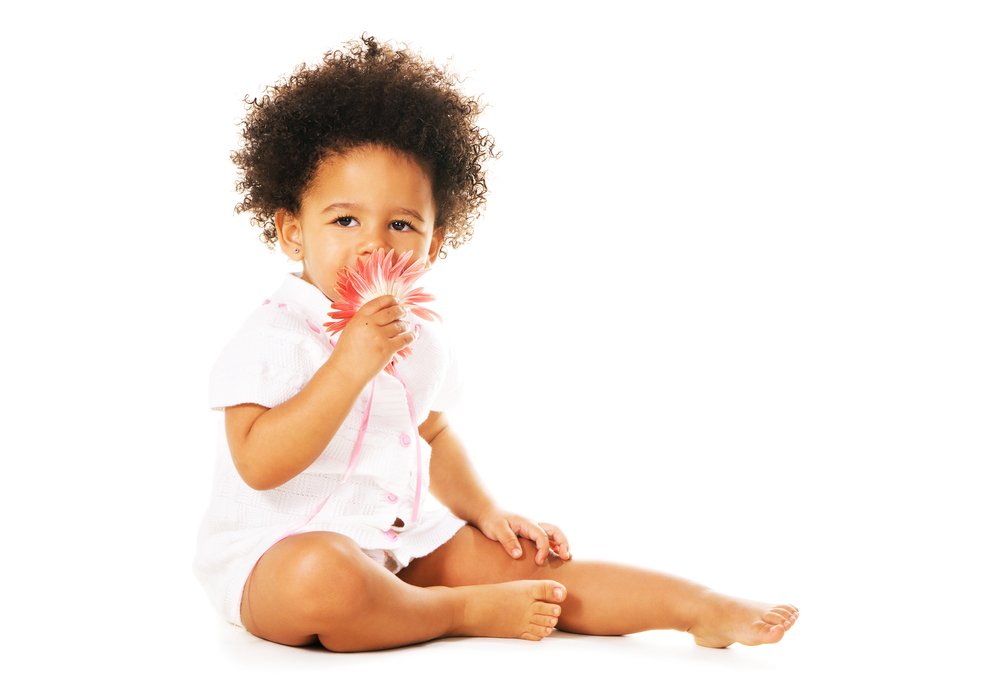Key points:
1. Your child’s physical skills, muscle control, balance, and coordination are developing.
2. Progressing from one skill to the next is a sign of their developmental process.
3. Encourage physical activity and motor skill development.
4. Focus on the major skill of kicking, which develops gradually.
During your little one’s first year, their development will be very notorious. You’ll see them go from a wobbly head, to keeping complete postural control or even taking their first steps!
Motor skills can be easy to distinguish but noticing how they perceive the world around them can be a little bit trickier. The way they relate to stimuli around them, their reactions and abilities depend on their developing senses, this is called “perceptual development”.
Think about the moment when your baby turns their head towards you or reaches their arms out. You are not only witnessing their motor development, but also how they use their senses to connect with you. They turn around because they hear you or reaches their arms out because they see you. They even use the sense of touch to connect with you; you might notice this when you are feeding them, and they caress your cheek.
In order for their motor skills to develop, they must notice something in their surroundings that encourages them to act and interact with the world. This is why it is important to foster their perceptual development. By encouraging your baby’s perceptual skills, you enable them to move more effectively, react to the environment, and plan their moves.
There are many things you can do to support perceptual development in your baby. When you work on these, you help them move with more intention, while also laying a foundation for future cognitive skills. Let us give you some tips!
- Auditory perception: Read stories to your little one from the moment they come into the world. Describe the pictures, read the words, or even make up a story yourself. This will help them develop their auditory perception, while also fostering their linguistic development. Talking to them or playing different kinds of music can also contribute to the development of the sense of hearing. While you do any of these activities, observe their reactions. It might help you to distinguish what they like best, giving you clues on their perception of the world.
- Visual perception: To help them improve their sight, engage in activities that sharpen their understanding of what they see. Lay them down on the floor, place some colorful patterned toys in front of them and let them choose from the different objects. Paint their bedroom walls with different colors and hang around some colorful dangling toys. You can also move toys in front of them, so they can follow them with their eyes.
- Oral perception: Once your pediatrician has approved them, let your baby taste different kinds of foods. For example, give them something sweet to eat, watch their reaction when they taste it, and continue with different flavors. You will be working on the sense of taste, while also satisfying their curiosity to try new things.
- Olfactory perception: It is possible that they may not sniff in yet, but you can pass the object under their nose and then take it away to see how they respond. You can use flowers, a lemon, or even something stinky! Your baby is exposed to different scents all the time, so help them to identify and perceive them.
- Tactile perception: Give your baby objects with different textures, fabrics with different patterns, or even place them on top of different kinds of surfaces to stimulate their sense of touch. Explore our catalog to find some cool activities to foster this!
Remember that their development doesn’t unfold in a smooth and upward progression. Your baby might take different paths to accomplish a new milestone in their own unique way. When you foster their senses, you are contributing to their acquisition of other motor skills that will impact their future school performance. Stimulate their sensory perception all through simple games!







